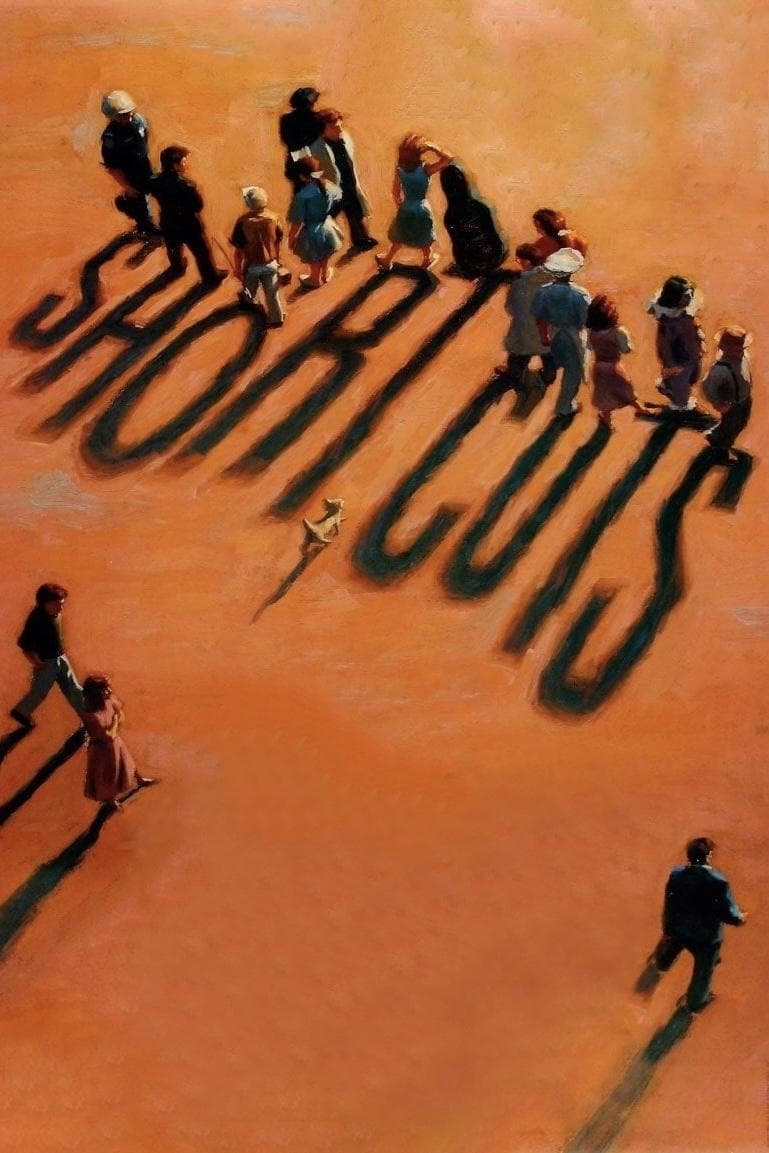
Short Cuts
1993
Rate this movie
Average: 0.00 / 5
(0 votes)
Director
To introduce this Altman film, a richly deserved Golden Lion winner in Venice, one must start with Raymond Carver, whose eponymous short story collection inspired the film. Not only from the stories published in Short Cuts, but also from other texts that Altman skillfully wove together, creating a narrative tapestry that is much more than the sum of its parts.
Cynical and disillusioned, Carver always painted an America cruelly poised between pragmatism and opportunism. His was not merely "stripped-down prose", but a true "dirty realism" that rejected all stylistic frills to delve into the most ordinary, often marginal lives, revealing a deep existential unease, an almost Buddhist resignation in the face of the implacability of circumstances. His stories are aseptic, in prose stripped of all embellishment; they speak of ordinary people drowning in their miserable vices, without any moral blunting. Carver did not judge, he simply showed, and in this merciless mirror, a post-industrial, disillusioned America was reflected, light-years away from the polished American dream.
Altman internalizes Carver's great lesson, cinematically transposing the Carverian perspective without in any way distorting it. Indeed, he amplifies it, making it visceral and tangible. This is not a simple literal adaptation, but a true translation of a thematic and emotional universe into cinematic language, an operation of deconstruction and reconstruction that only an author of Altman's caliber could achieve with such mastery. The moral dimension is completely nullified; men and women are portrayed committing squalid meannesses without any form of judgment. No redemption is offered, nor explicit condemnation; the viewer is invited to observe, sometimes with a bitter laugh, sometimes with a sense of deep unease, but always without the aid of a predefined moral compass. Their corrupted nature is the core of this film, just as it is in Carver's stories, a catalyst for actions that lead to indifference or the most brutal randomness.
Thus, we witness a multifaceted melting pot of stories that proceed separately yet are united by a common sense of decay that binds them (also thanks to Suzy Elmiger's superb editing). Los Angeles is not just a backdrop, but a character in its own right, a sprawling metropolis that embodies fragmentation and alienation. The highways that crisscross it become metaphors for parallel lives that brush against each other without ever truly intersecting, except for brief, often tragic or absurd, moments. It is a city that promises success and freedom, but which in reality traps its inhabitants in a network of solitudes and vices hidden behind the impeccable facades of bourgeois homes.
An alcoholic who loves spending his days at the restaurant where his wife works, listening to the lewd comments of patrons and cadging a few lunches; the single mother who moans and gasps on the phone for the erotic chats she works in while changing her son's diapers; the policeman who leaves his wife and children at home to dedicate himself to his mistresses; a pastry chef who bakes a birthday cake for a child and insults the parents on the phone for not picking it up, only to later discover their child is in a coma in hospital due to a road accident; the fishermen who, despite a drowned girl just a few meters from them, calmly continue to fish; the cellist who hates her jazz singer mother and is ferociously hated in return. These are just some examples of a human mosaic that Altman composes with surgical precision, populating it with a stellar cast that serves the auteur's vision, often foregoing glamour to embrace the raw reality of the characters. Actors of the caliber of Julianne Moore, Tim Robbins, Jack Lemmon, Jennifer Jason Leigh, Robert Downey Jr., and Frances McDormand merge into the chorus, becoming faces and voices of a subdued despair, of a banality that verges on everyday horror. Their performances are extraordinarily naturalistic, often characterized by overlapping dialogue and a sense of spontaneity that is a hallmark of the "Altman method," where improvisation and the ability to capture unexpected moments of truth are fundamental.
Tom Waits' memorable participation in the role of the alcoholic husband is striking; his acting verve lends a macabre freshness to the episode, embodying the quintessential adrift common man, with a subtle irony that does not diminish but, on the contrary, accentuates the tragedy of his condition. But the true miracle is how Altman manages to give every actor, even those with only a few minutes of screen time, a depth and relevance that makes them unforgettable.
Altman's brilliant direction, both in the film's conception and its visual construction, is evident: a particular attention to the intertwining of connections and narrative cross-references between one story and another, which Altman skillfully unravels, always keeping the viewer's attention alive. Suzy Elmiger's editing work is crucial, a true weaving of narrative threads that tie and untie, creating a hypnotic rhythm and a sense of organic coherence despite the fragmentation. The transitions are fluid, almost imperceptible, yet essential for maintaining that sense of "common destiny" that links characters unaware of each other. Sound design is also a key element, with overlapping dialogue creating an effect of chaotic and vibrant realism, immersing the viewer in a dense and lively sound environment, typical of Altman's cinema.
"Short Cuts" is not just a film, but an anthropological experience, a merciless yet profoundly human fresco of the American condition at the turn of the 20th and 21st centuries, a work that, with its inexorable lucidity and dark humor, confirms itself as one of the absolute peaks of Altman's filmography and of contemporary cinema in general, a precursor to the "hypertextual cinema" that would characterize much subsequent production. It is a film that continues to resonate, to question, and to disquiet, just like the stories from which it drew its lifeblood.
Genres
Country
Gallery

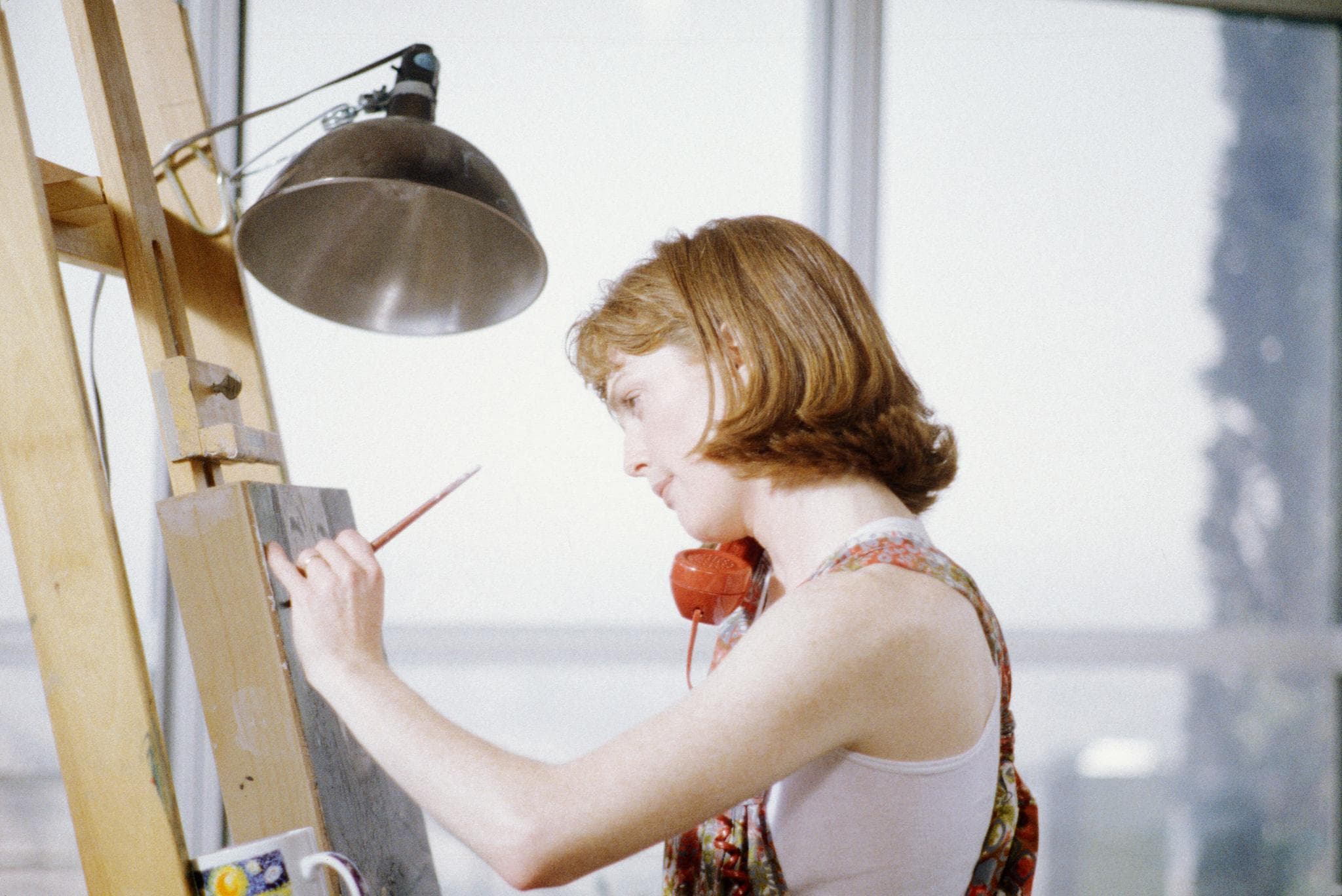

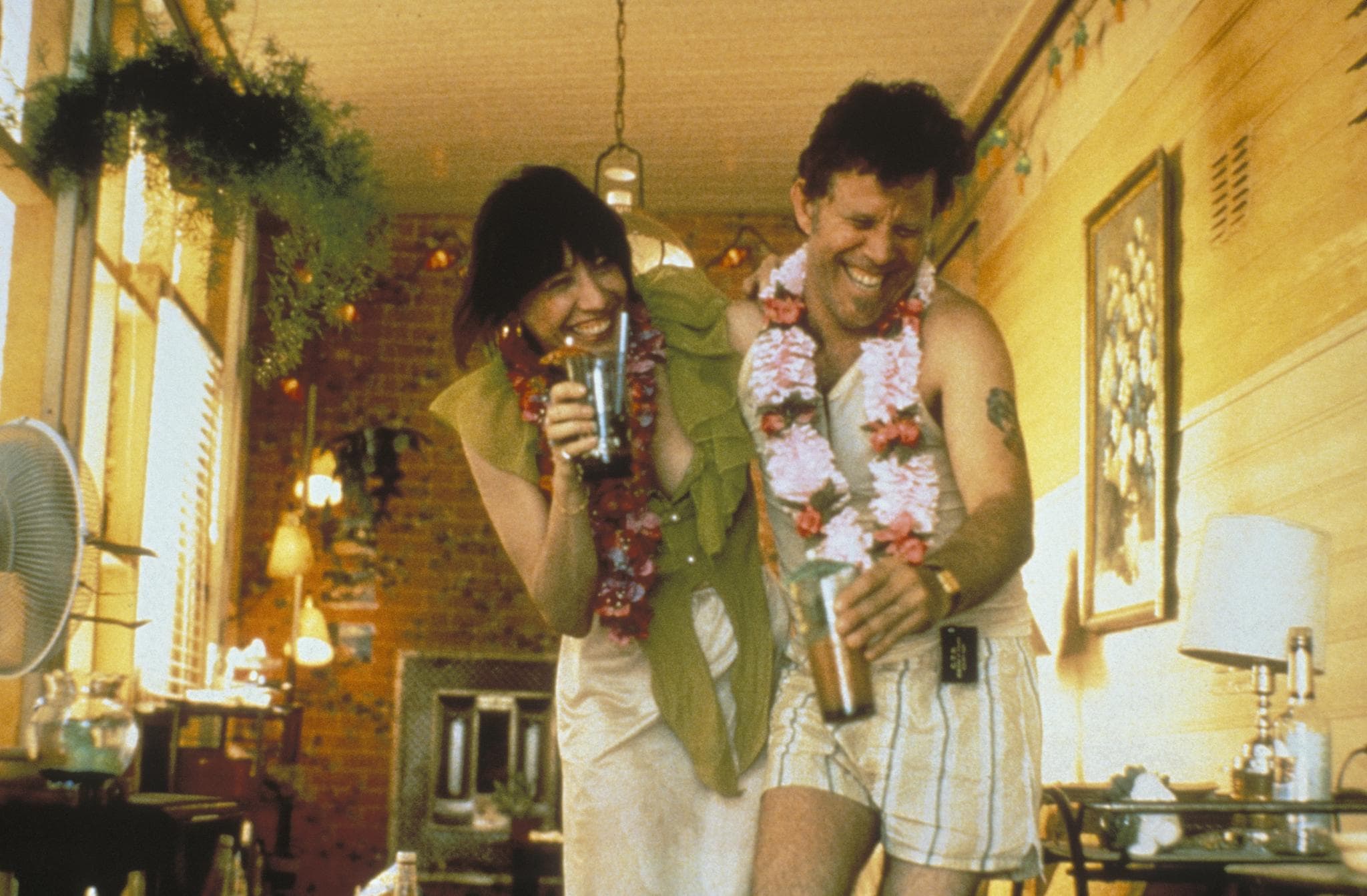
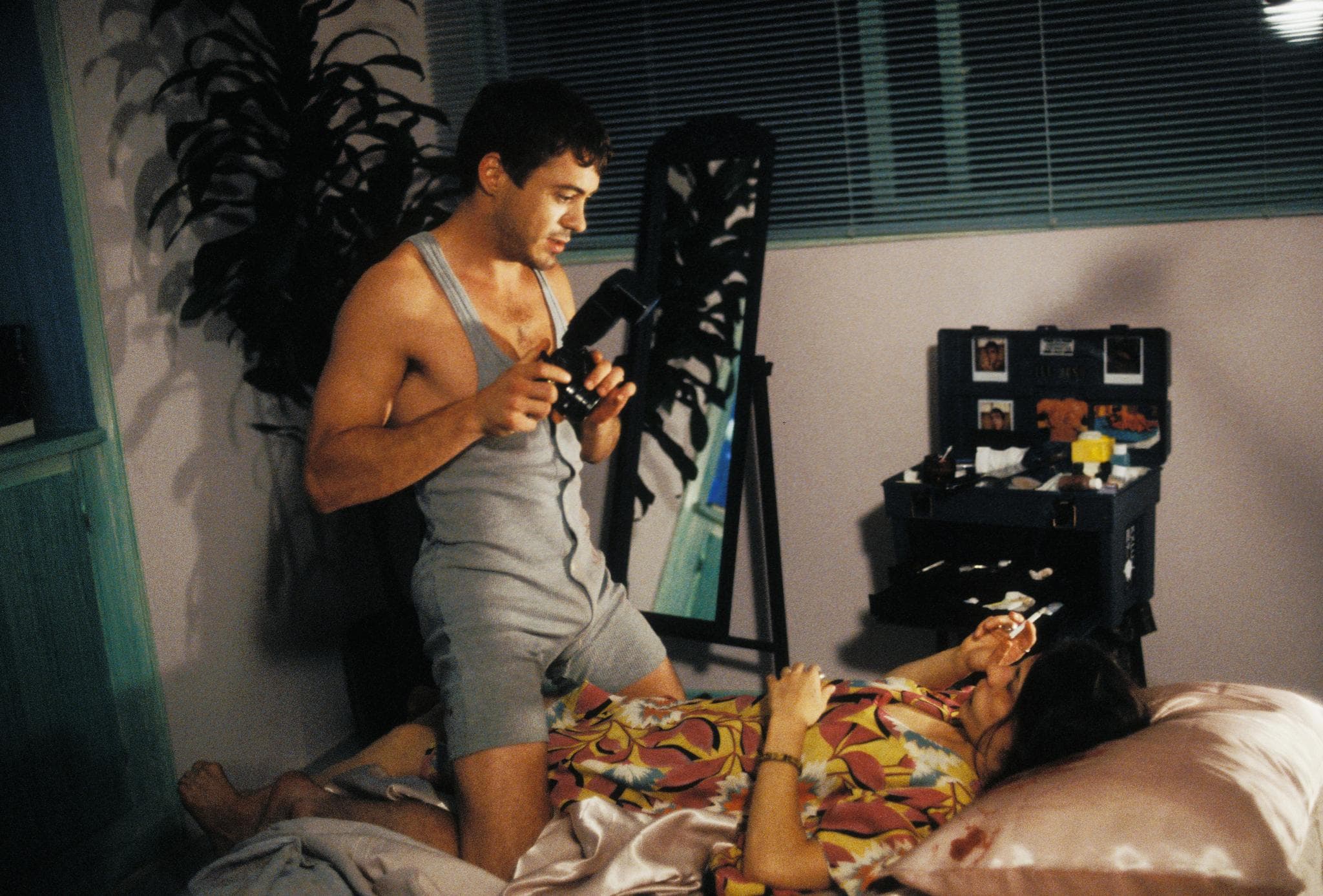
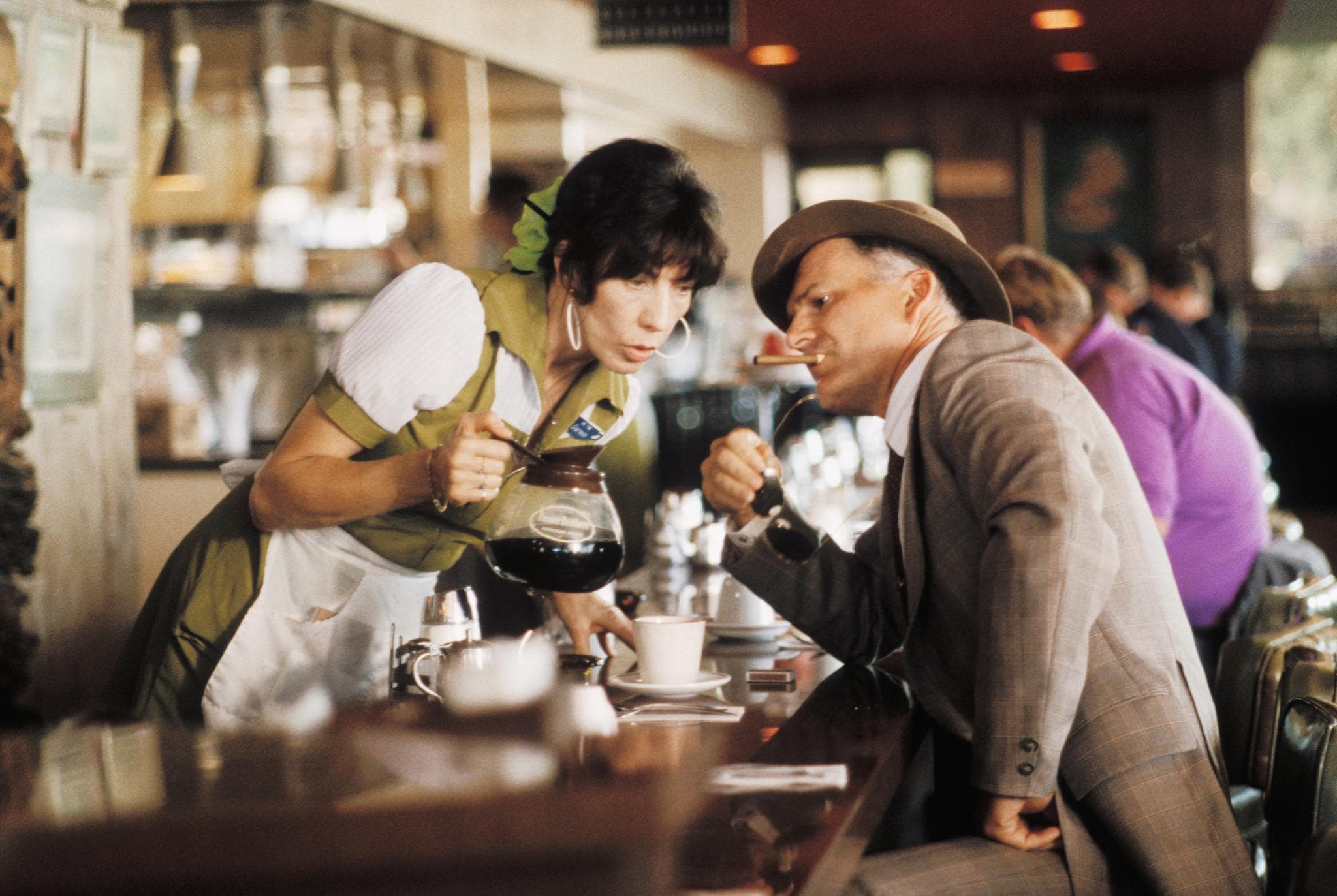

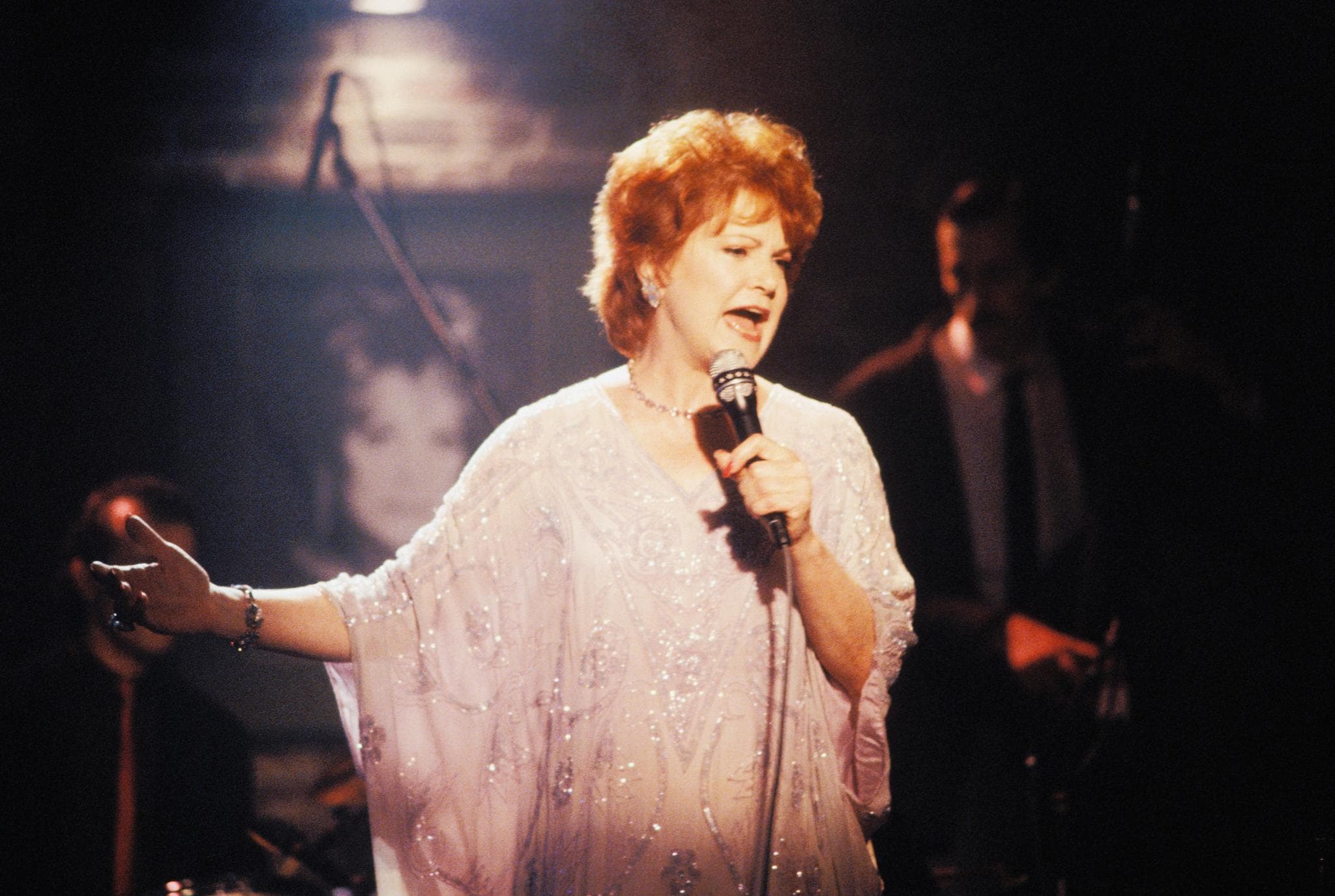
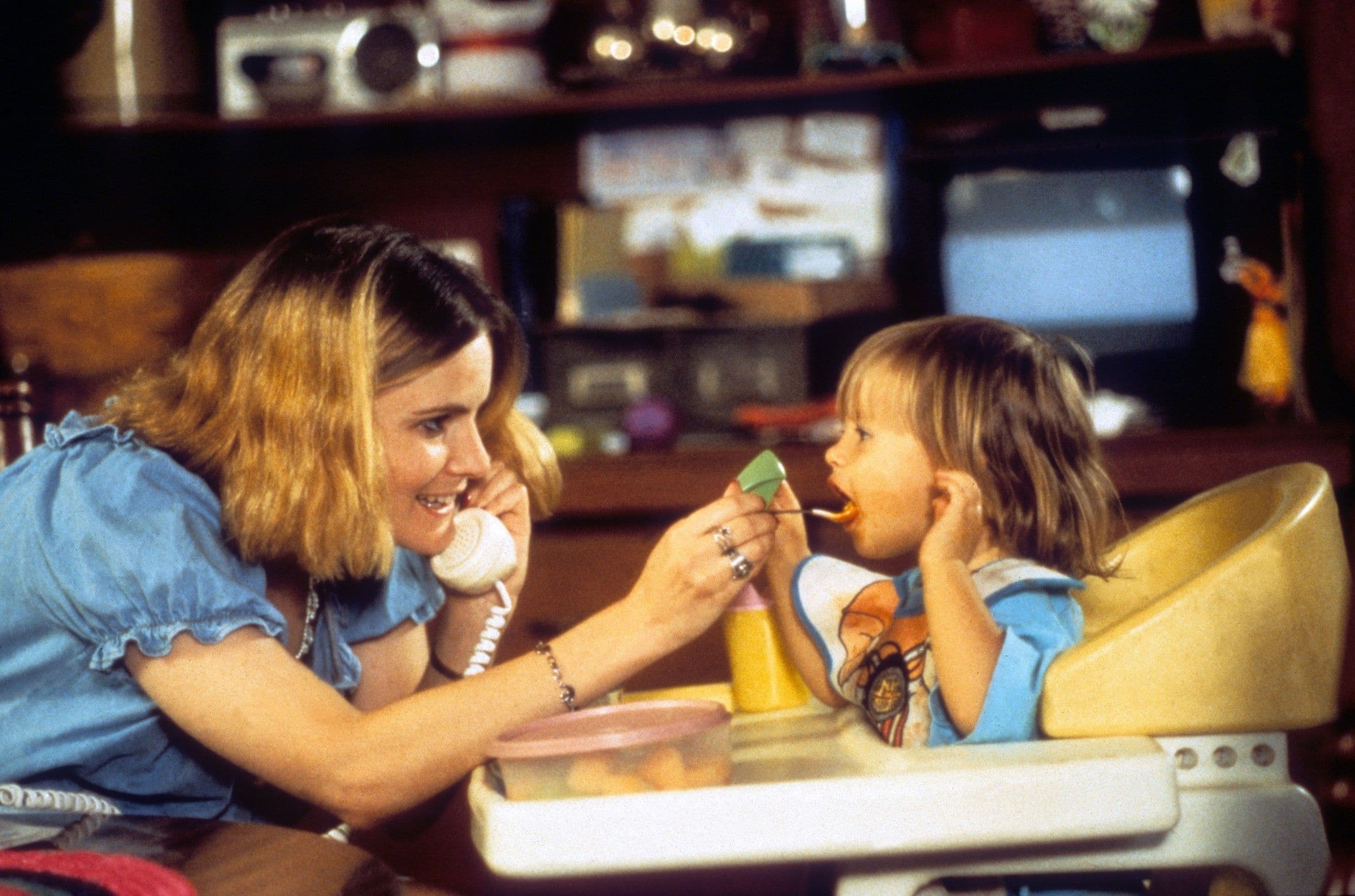
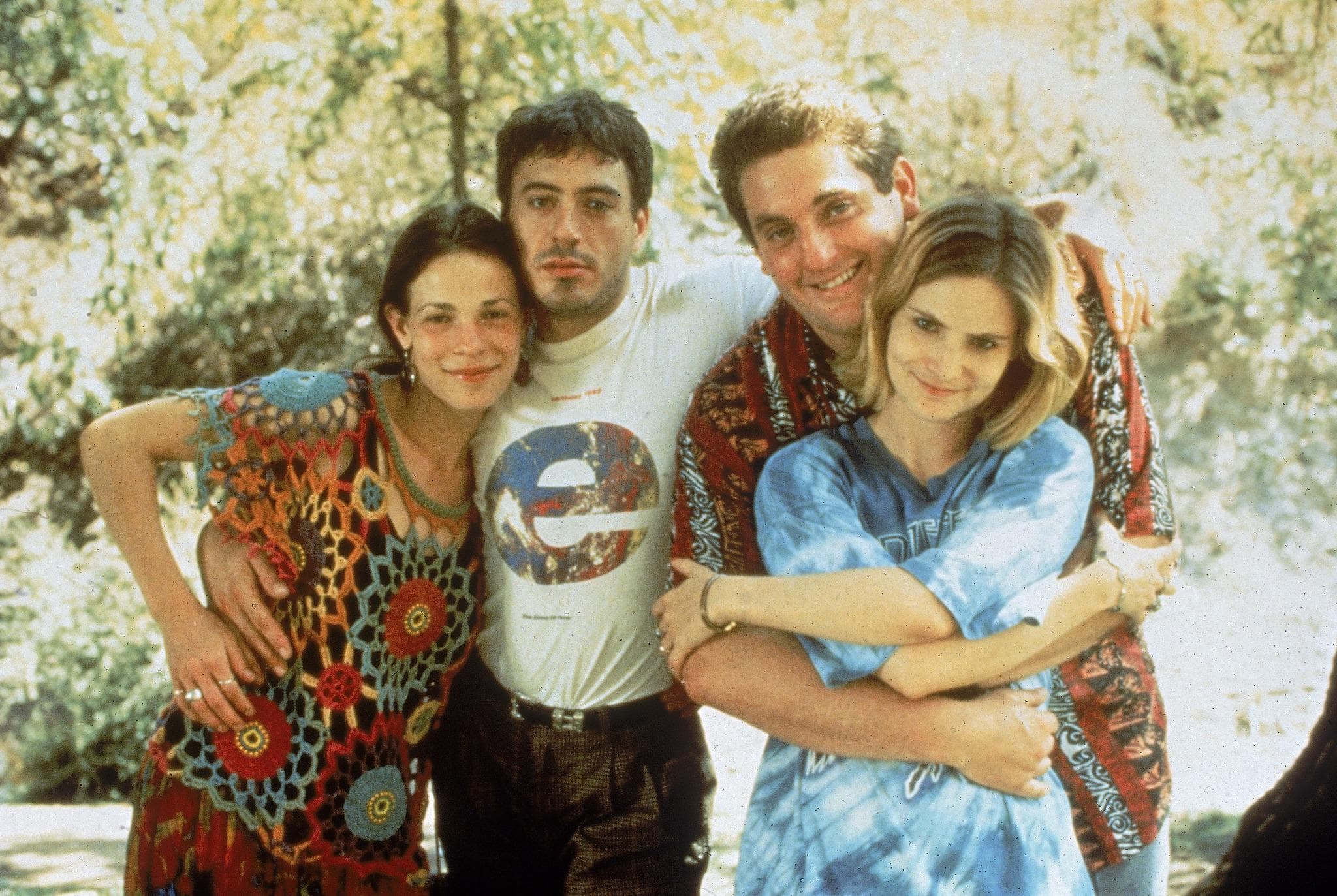
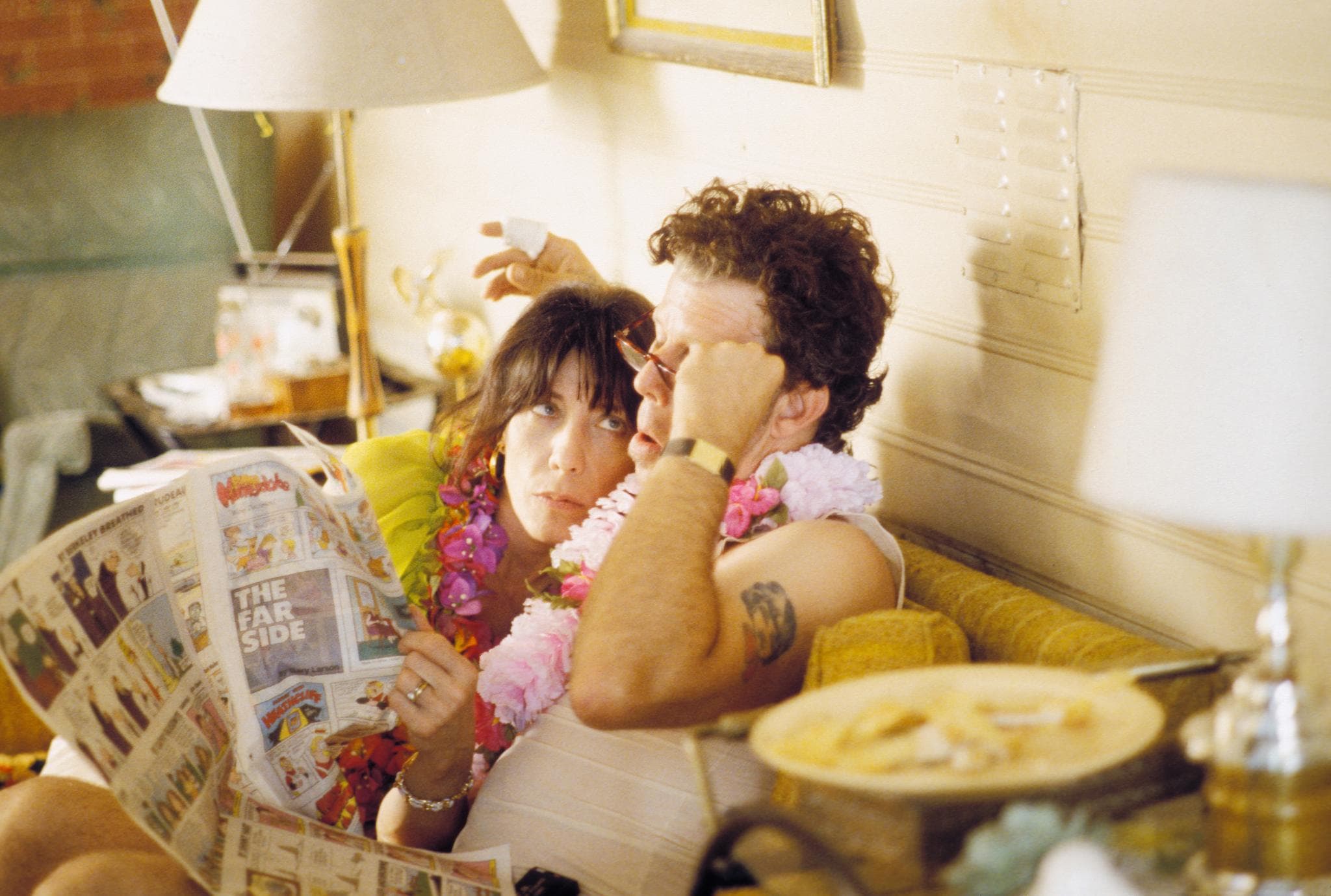
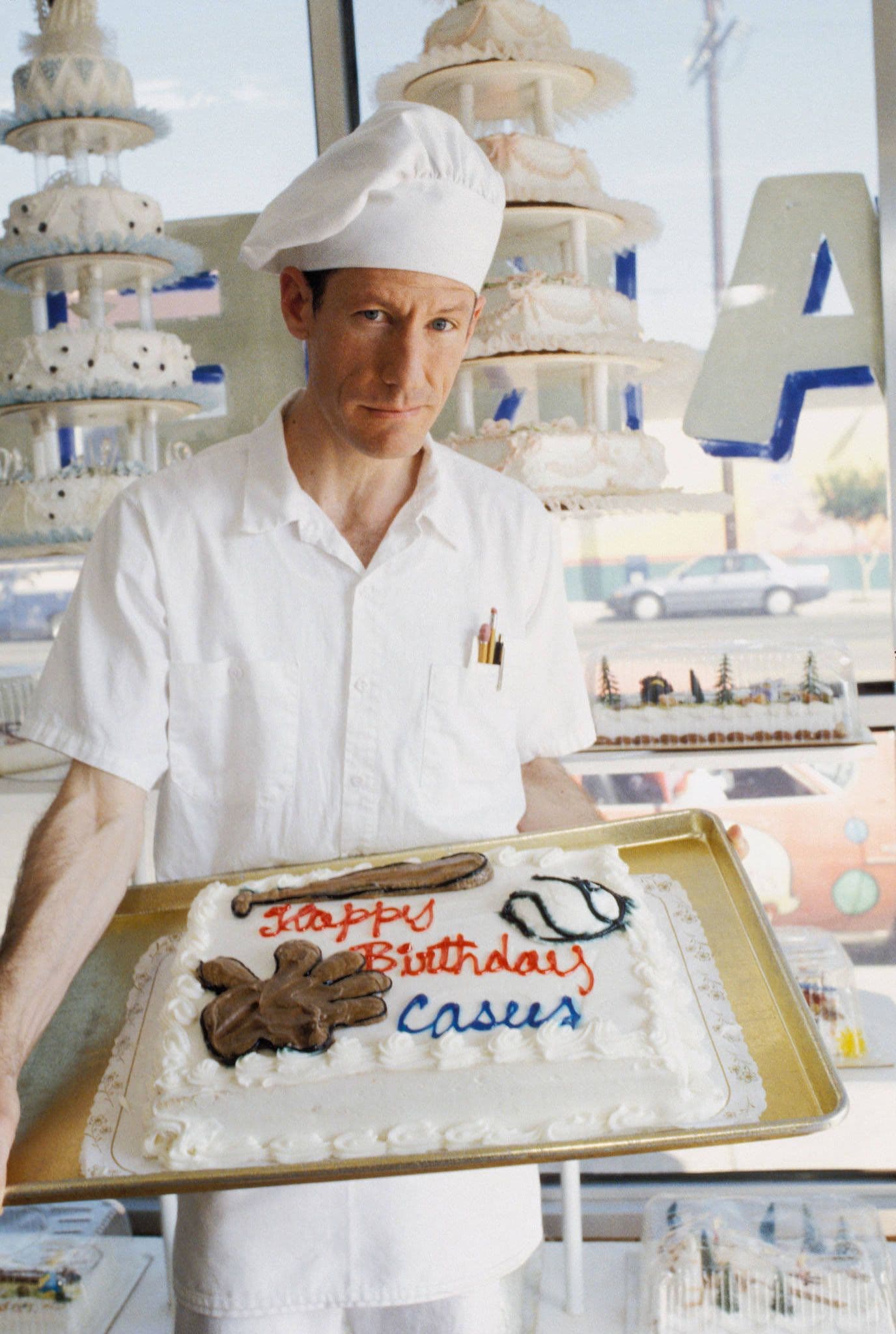
Featured Videos
Official Trailer
Comments
Loading comments...